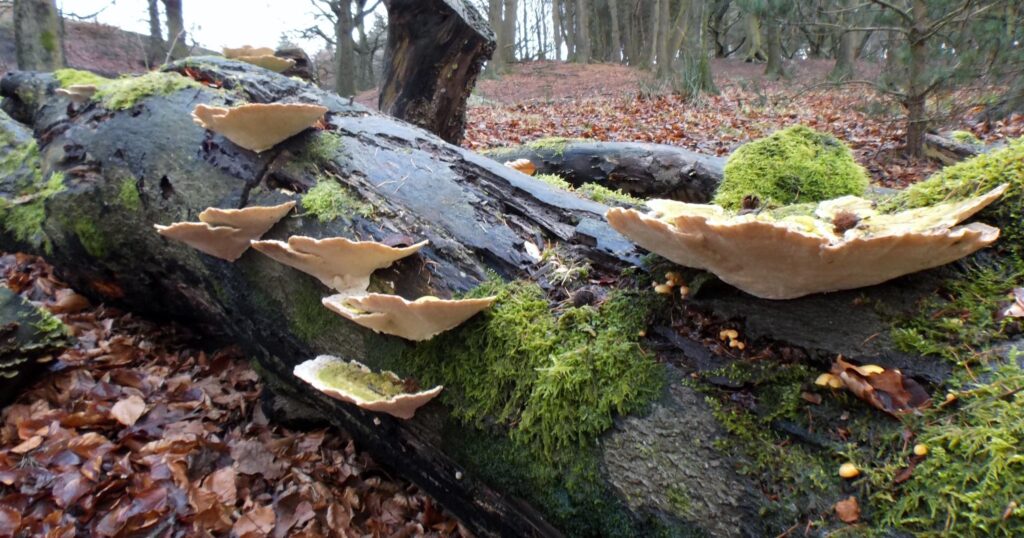Section Summary
Perspectives on the Forest Rights Act
The contentious Scheduled Tribes and Other Forest Dwellers (Recognition of Forest Rights) Act, 2006, (henceforth RFRA), contains in its preamble a sentence, ‘to strengthen the conservation regime of forests’.
The three articles in this section on the RFRA look at how such strengthening can happen from the perspectives of collective action and institutions. Collective action alludes not so much to the social science theory on how people can collectivise, but instead to the practical reasons why conservationists need to build constituencies involving local communities for better conservation outcomes. The institutional perspective is on clarification of the status of committees privileged in the RFRA for conservation.
The conservation regime of forests, then, can be strengthened if there is consensus and a sound institutional roadmap. Shanker argues that it is essential to have consensus on the opportunities that the RFRA offers for conservationists to work with forest communities who stand to gain the most from conservation initiatives and education, and who share the common goal of conservation.
Institutionally, Lele prescribes a clear roadmap for forest management. For instance, the legal status of committees to be constituted under the RFRA requires clearer explication, as do the statutory powers of its members, to stop felling. He stresses the need to learn from the unsuccessful history of Joint Forest Management ( JFM), and is critical of the draft rules of the RFRA, which tended to legitimise JFM.
Unlike Lele, I am less critical of the draft rules, and feel they offered some institutional structure. In my opinion, the changes made to the draft rules reflect a reduction of community roles— from potential epistemic partnerships of local and scientific knowledge in conservation to mere protection. But the genuflection to community is not uncritical. Shanker writes about the long-term aspirations of forest dwellers, even as he critiques the suggestion in the RFRA that ‘people-will-dwell-inforests- permanently.’ Lele cautions about hierarchies of caste, gender, etc., that characterise community pursuits and mentions the need to ensure equity in institutionalising participative conservation. All three essays seek to engage the reader with institutional, epistemic, and consensus-building perspectives on the RFRA.
Siddhartha Krishnan is the guest editor for this section.
Siddhartha Krishnan is a sociologist and is currently a Fellow, Social Sciences at the Ashoka Trust for Research in Ecology and the Environment (ATREE), Bangalore (siddhartha.krishnan@atree.org).





